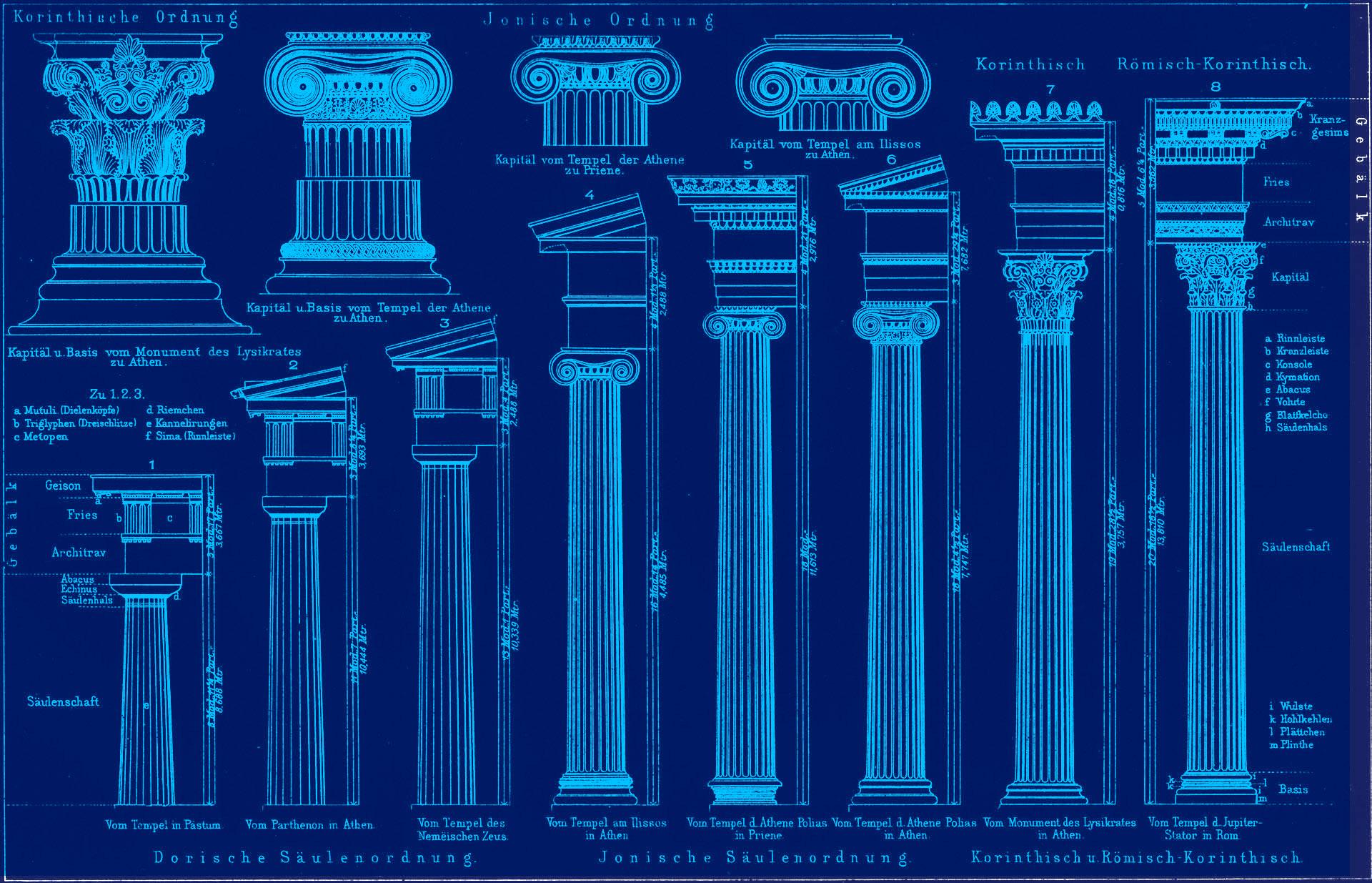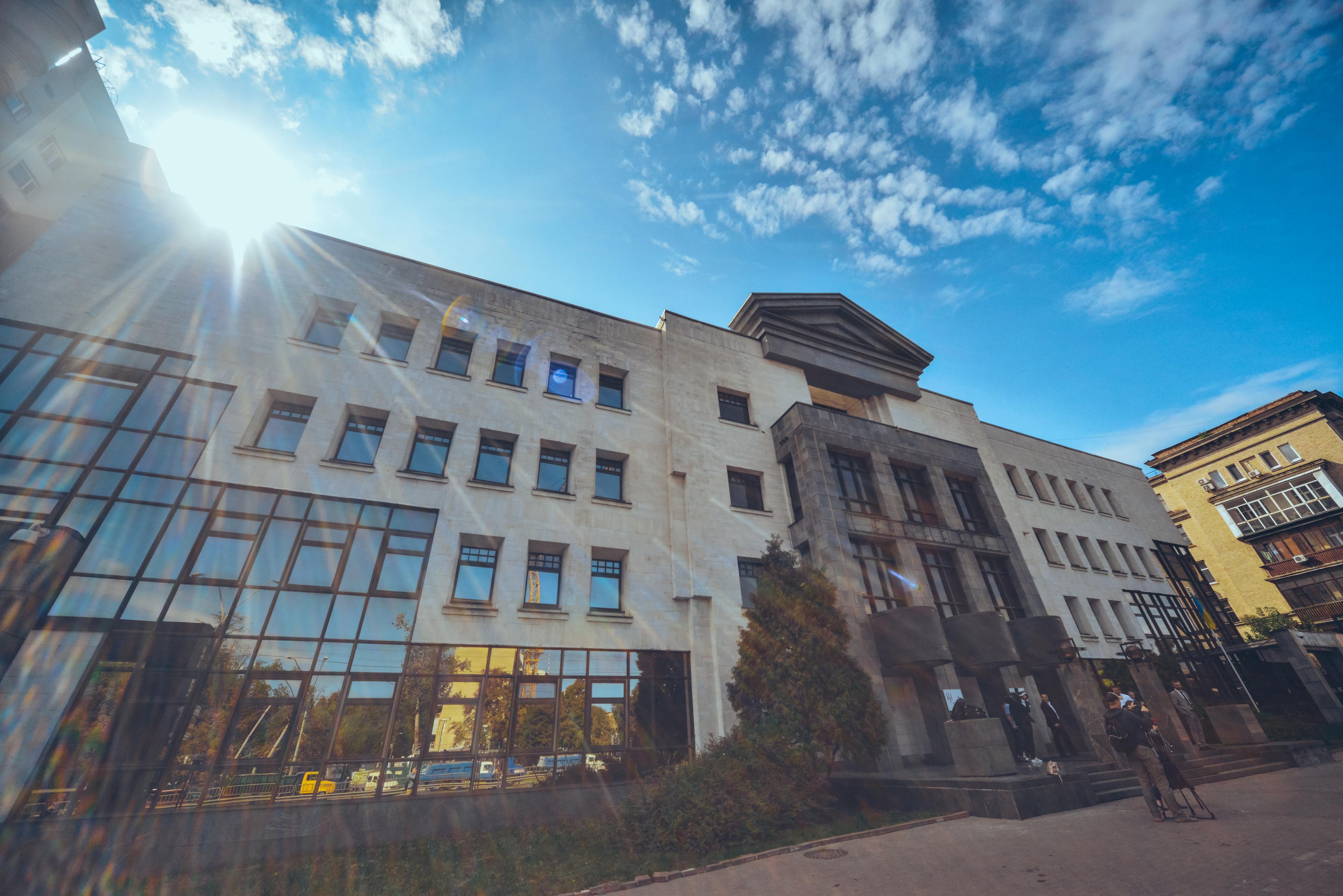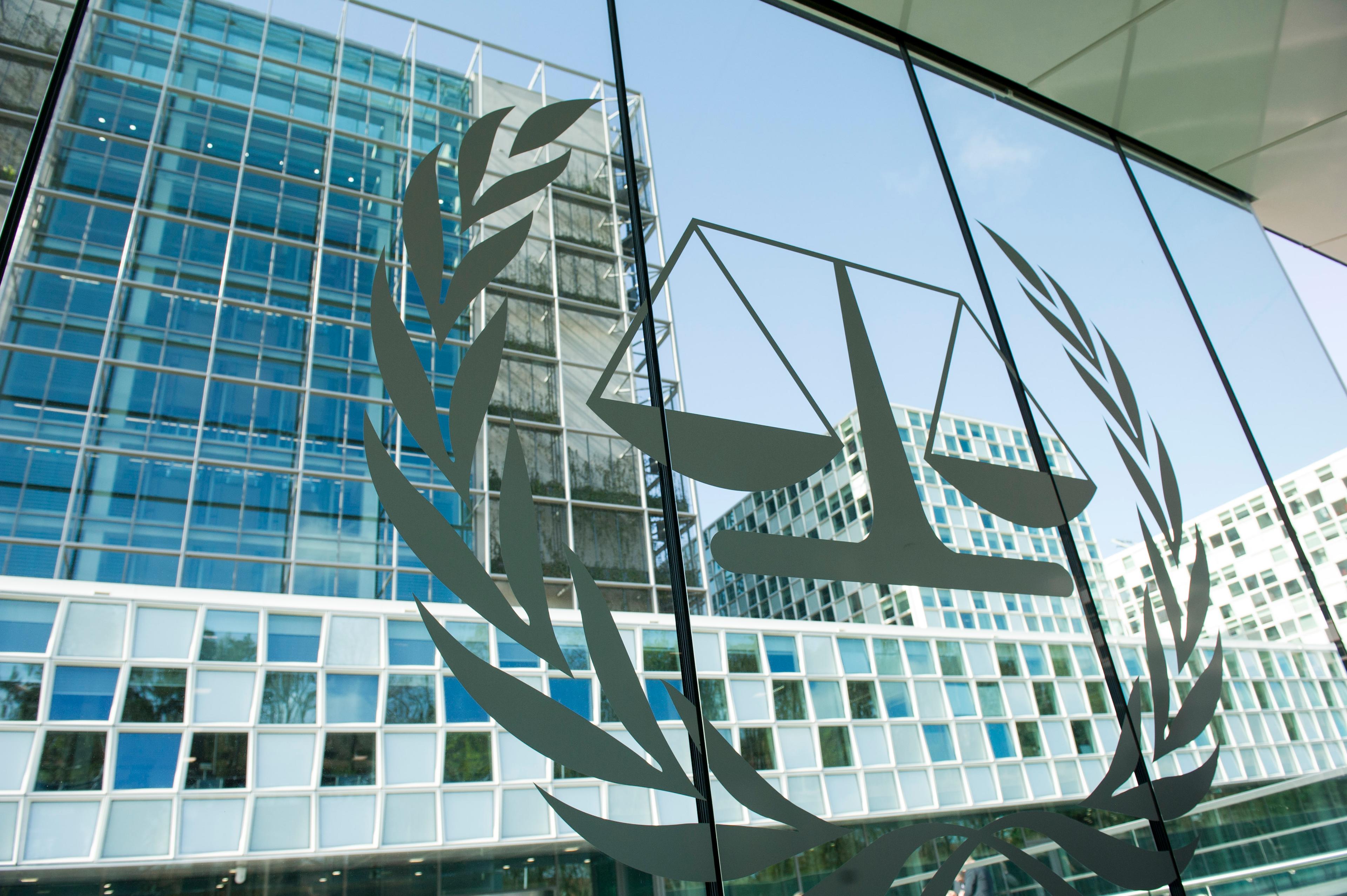In this recorded panel discussion, we launched an update of the U4 Issue Specialised anti-corruption courts: A comparative mapping and discussed experiences with the establishment of anti-corruption courts in Eastern Europe and Ukraine in particular.
Bergen Global, 14 November 2022.
Background
Anti-corruption courts are an increasingly common feature of national anti-corruption reform strategies. By mid-2022 there are 27 known anti-corruption courts across Africa, Asia, and Eastern Europe. Reasons for their creation include the resolution of backlogs but also concerns about the ability of ordinary courts to handle corruption cases impartially. While there are no definitive best practices for specialised anti-corruption courts, existing models and experience provide some guidance to reformers considering the creation of similar institutions.
Moderator
Matthew C. Stephenson Eli Goldston Professor of Law at Harvard Law School
Panelists (video section breakdown)
- (05.00 mins)
Do specialised anti-corruption courts make a difference?
Sofie Schütte – Senior Adviser U4 Anti-Corruption Resource Centre/CMI - (20.00 mins)
The experience of creating Ukraine’s High Anti-Corruption Court
Olha Nikolaieva – Legal and Judicial Adviser, USAID Justice for All Activity - (30.00 mins)
The success and challenges of Ukraine’s High Anti-Corruption Court
Marta Mochulska – Associate Professor of Law, Lviv National University - (38.00 mins)
Regional approaches and experiences of ac courts in Eastern Europe
Ivan Gunjic – PhD Candidate, University of Zurich - (44.00 mins)
Examples of both positive and cautionary experiences with AC courts - (51.00 mins)
Questions from the audience


